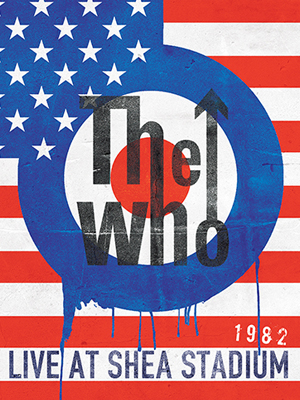Why you should “Know Your Script” regarding opioid prescriptions
By jtilton on September 25, 2020

In the U.S., there were 67,367 drug overdose deaths reported in 2018, 4.1% fewer deaths than in 2017. That’s why one Utah organization wants you to, “Know Your Script”.
David Watkins, the Regional Prevention Director at Weber Human Services and Use Only as Directed, spoke more about ways to prevent opioid abuse on the Project Recovery podcast.
The concept behind “Know Your Script”
Use Only as Directed is an organization committed to changing the way we think about opioids. They have a three-part solution in combatting the opioid crisis — Speak Out, Opt Out, and Throw Out. Now they’re introducing a new campaign called, “Know Your Script.”
The campaign’s goal is to help Utahns better prepare themselves for owning a prescription according to Watkins.
“It works a lot of different ways. If I’m in the doctor’s [office], I need to know my script. What am I going to say to my doctor? What questions should I ask,” he said.
It’s also a way for parents to properly educate their own children around the dangers of prescription misuse.
“What do I say to my kids? How do I talk to them about opioid addiction and addiction in general,” Watkins added.
Watkins also explained the importance of knowing your script when you have been prescribed a prescription.
“The last is obviously, know your prescription. Research it and know what you’re taking,” he said.
Speaking with our doctors and pharmacists
One of the biggest emphasis in regards to “Know Your Script” is becoming more educated before you even get to the doctor’s office.
By going in with a list of questions, you give yourself the best chance of understanding the dangers of prescription misuse according to Watkins.
“Ensure that when you go in there when you had an injury or you have an ailment and you’re being prescribed something to know what questions to ask. That can include is there an alternative to this? How long will I be taking this? Is there a risk for addiction,” Watkins explained. “All of those are great questions to be able to ask your doctor to ensure safety while taking a prescription.”
How “Know Your Script” can help prevent addiction for teens
One of the biggest issues surrounding opioid abuse is its availability. 57% of 12- to 17-year-olds who misused prescription opioids got them from a friend or relative. “Know Your Script” can help educate our children and teens on the dangers of prescriptions by attacking the discussion head-on.
“Prevention starts young. The younger that we can have conversations with our youth about opioids, about substance misuse in general, the more likely they are to misuse substances,” Watkins explained.
If there is no discussion about the dangers of opioid abuse, children tend to think it’s less dangerous according to Watkins.
“When kids perceive that their parents think misusing substances is wrong or very wrong, the likelihood that they ever go on to misuse those substances is relatively low,” he said. “But when they get that perception switched and they think that it’s not that risky or maybe it’s not wrong at all, their risk of misusing substances increases drastically.”
But Watkins was quick to point out that if there isn’t a great relationship between the parent and child, those types of discussions can be harder to address.
“For us as parents, when we’re talking about knowing our script, we’ve got to have a really good relationship with our children. If we don’t have that relationship with them, they’re not going to listen to the things that we have to say,” he said. “So, building that relationship, spending time with them, doing the things they like to do, is really probably the number one way we can help prevent substance misuse.”
The responsibility that comes along with owning a prescription
In 2018, Utah providers wrote 57.1 opioid prescriptions for every 100 persons and there are serious dangers that can come along with that prescription. But as Utah begins to become more educated on the effects and dangers of opioids, we are starting to ask more questions.
The responsibility to be more educated lies in us as a society but it’s also time we demand more answers says Watkins.
“Oftentimes, doctors are busy and in a rush and they just want to write you the prescription and get you out the door so they can see their next patient,” Watkins said. “If you can take the time, ask them a few key questions, you’re going to be a much better owner of that opioid prescription.”
Simple questions Watkins recommends are how to take the prescription when to stop taking them, and what to do with them when you’re done taking them.
Listen to the podcast to learn more about “Know Your Script” and ways to educate yourself on the dangers of opioids
For more information on opioid prevention or if you or someone you know is struggling, you can find more information on Facebook, KSL TV, or from Use Only as Directed. To hear more from Casey Scott and Dr. Matt Woolley, you can listen below or subscribe to the ‘Project Recovery’ podcast on Apple Podcasts or wherever you get major podcasts.








